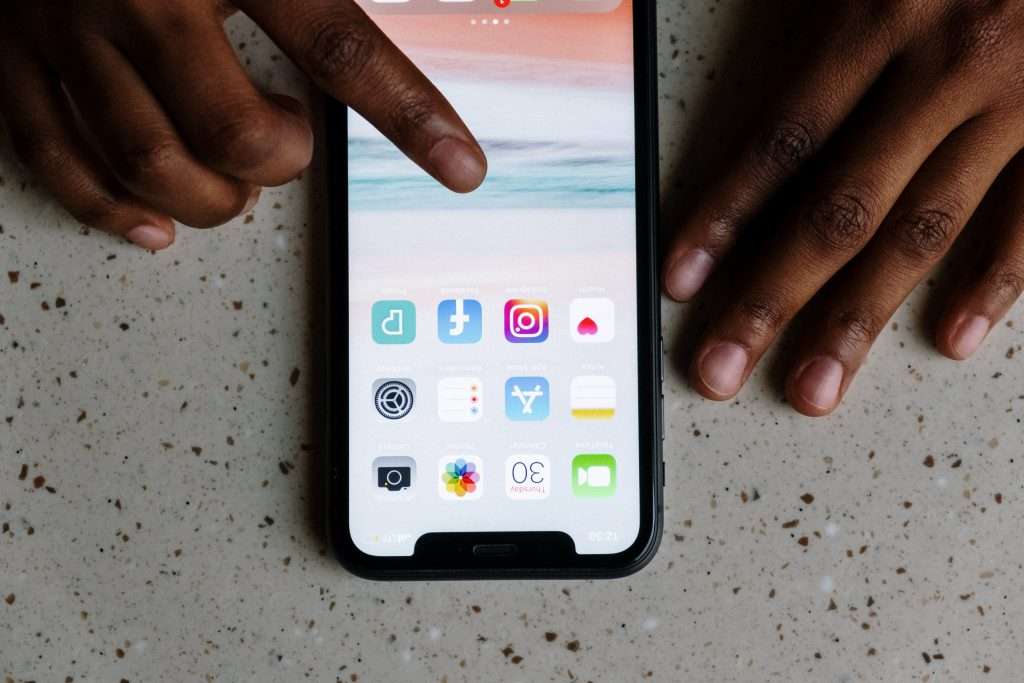
Introduction
5 Tools that Help Me Keep My Life Going as a Nomad
What’s the best thing about being a digital nomad? For me, it’s the ability to travel practically anywhere I want at my own pace and on my terms. Nothing is more rewarding than breaking free from an unfulfilling nine-to-five job to discover diverse cultures, enjoy a cheaper cost of living, meet people from all walks of life, and learn something new about the world.
But behind this exciting mobile lifestyle are tons of hard work and the right tools. From laptops to earphones to external drives, some specific devices are obvious must-haves for every nomad. Then, some seem superfluous at a glance but are, in reality, vital in achieving the work-life balance many remote workers seek. So, what tools help me succeed as a professional nomad? There is a handful, but I’ve picked the top five that made my life easier while on the road.
VPN Service
Traveling and working online means you use various internet networks, some of which may not be secure. Moving from one shared WiFi to another poses a significant threat to your personal data, devices, or any sensitive information you transmit. For this reason, you must use a virtual private network or VPN to avert hackers, cyberattacks, and prying internet eyes. A VPN safeguards your information by masking your IP address and encrypts your data by routing it through secure networks.
But protection is not the only thing a VPN does. Heard about geo-blocking? This technology restricts access to specific internet content based on the user’s location. For example, China blocks Facebook and YouTube. It will be a big hurdle if you’re in the country and need these sites for work. With a VPN, you can practically access any content anywhere in the world. It allows you to work around local censorship and government bans by making it appear you’re accessing restricted sites from another country.
Additionally, a VPN lets you save money, secure financial transactions, and can help increase internet speeds. Some of the best VPNs are ExpressVPN, CyberGhost, and NordVPN.
Trello
Despite the seemingly easygoing lifestyle, many nomads have long to-do lists. A heavy workload requires an effective project management tool. Trello is a software that remote workers use for organizing tasks and projects. Designed for small businesses, it is widely famous among companies with 10-50 employees. But this doesn’t mean freelancers have no use for the tool.
Trello allows you to create boards, cards, and lists for different plans and tasks to monitor their progress. It keeps you and anyone you’re working with updated with the project flow. You can set deadlines, attach documents, and upload files or images. Additionally, you can make notes and share these with your clients or coworkers. The great news is Trello is free. The software has a paid business class plan for those who want more collaboration features, including simple automation.
TogglTrack
As a digital nomad, I can control how much I spend working. But this luxury comes with a price. Some days, it’s hard to stay motivated or focus on my tasks, especially when there’s Netflix, cat videos, and juicy gossip floating around the web. Do I completely deprive myself of some entertainment and distraction while working? The answer is no. Even if I want to, it’s impossible and counterproductive. What I do is take short breaks. And to help me keep track of time, I use Toggl Track.
You’ve probably heard about the Pomodoro technique. It’s a time management technique wherein you divide your workday into 25-minute sets and take 5-minute breaks in between. Toggl Track allows you to use the Pomodoro method to complete your daily tasks and be more productive. If you charge by billable hours, the tool makes invoicing your clients easier as it tracks the length of time you worked and filters out your breaks. The best thing is you can integrate Toggl with other tools you already use, such as Trello. The software is free for time-tracking and allows up to five people to join.
Mobile Hotspot
Internet connection is the lifeline of every digital nomad. There is no way one can efficiently complete tasks without it. But connecting to WiFi can be a hassle when you’re always on the go. Most places – cafés, restaurants, hotels, Airbnbs – offer free internet access. But not all have a reliable connection. And when you’re working online, internet speed and stable connectivity are a must. Of course, you can always scout for a co-working space, but not all places have this service.
By the way, make sure to check out our checklist for becoming a digital nomad if you would like to explore more steps you should take before embarking on your journey.
A mobile hotspot device is an excellent backup when regular WiFi is unavailable. This pocket-sized router lets you connect to the internet through the cellular network by converting 4G or 5G signals (if available) into WiFi. You can share the connection with multiple users and devices within about 10 meters. But your smartphone has a built-in hotspot too. Isn’t it enough? If all you need is to access social media, search some stuff in google, or access a few sites, then your phone hotspot will do. But a mobile hotspot is better for more intensive work, downloading files, and faster speed. Besides, some countries have strict registration laws on buying a local SIM card.
These regulations can delay you from using your phone to access the internet. In India, for example, foreigners must submit passport photos and provide an Indian address to purchase one. Then you have to wait for 48 hours for it to be activated. Other countries and territories outright forbid tourists from getting a local SIM.
Some well-known hotspot devices include Skyroam Solis, Inseego 5G MiFi M2000 (T-Mobile), and Nighthawk LTE Mobile Hotspot Router (AT&T).
Nomad Grab
Are you looking for a place to travel next on your road adventure? Nomad Grab is a travel website designed for remote workers. It helps you connect 1-on-1 with nomads from around the world. If you can’t decide where to move next, log into the web app and schedule an appointment with a nomad in a city that you want to visit. The coaches on the website can give you help on questions such as cost of living, co-working spaces, safety, WiFi speed, medical facilities, weather, entertainment, friendliness to foreigners, air quality, and more.
One of the best features of Nomad Grab is it connects a community of over 25,000 nomad coaches, allowing them to meet, share experiences, exchange tips, and feel less isolated in an unfamiliar place. You can also use it to look for remote jobs, track your trips, find locations for early retirement, and even date other nomads with the same interests. The website offers a free plan with limited features. If you want a lifetime membership with full access to its features, check out its paid plans for a one-time payment of $32.99 or a monthly subscription of $60.
Conclusion
We can all agree that living the nomad life is liberating and rewarding, albeit quite different from a day job. Is it easy? Not always. The road to nomadic success has challenges, tons of them. This lifestyle isn’t for everyone. But if you’re seriously contemplating working remotely, go for it. Other nomads who have been in your shoes will support and guide you as you start your journey. Of course, you can’t discount the plethora of tools that will help you build your career and keep you going. I’ve mentioned only five, but there are more – from Dropbox to AllTrails to Krisp to Lingvist. Choose whatever works for you. And happy nomading.
FAQs
What are some productivity tools that digital nomads should use?
- Answer: Some productivity tools that digital nomads should use include time tracking apps, project management tools, and note-taking apps. These can help remote workers stay organized, prioritize their tasks, and manage their time efficiently.
How can digital nomads collaborate effectively with their team members?
- Answer: Digital nomads can collaborate effectively with their team members by using tools like Slack, Trello, Asana, or Google Drive. These tools allow remote workers to communicate in real-time, share files and documents, and manage tasks and projects together.
Are there any communication apps that can help digital nomads stay connected with their clients and colleagues?
- Answer: Yes, there are several communication apps that can help digital nomads stay connected with their clients and colleagues, such as Zoom, Skype, WhatsApp, or Google Meet. These apps enable remote workers to make voice and video calls, share screens, and host virtual meetings from anywhere in the world.
How can remote workers ensure the security of their data and information while working from different locations?
- Answer: Remote workers can ensure the security of their data and information by using a virtual private network (VPN), using strong passwords, enabling two-factor authentication, and encrypting their files and documents. They should also avoid using public Wi-Fi and ensure that their devices are updated with the latest software and security patches.
Can these essential tools also benefit traditional office workers who work remotely occasionally?
- Answer: Yes, these essential tools can also benefit traditional office workers who work remotely occasionally. These tools can help them stay connected with their team members, manage their tasks and projects, and collaborate effectively, even when they are not in the office.
Starting your journey as a digital nomad? Make sure to check out other amazing articles like The Ultimate Guide To Sao Paulo Nightlife, Finding Work-Life Balance as a Digital Nomad: 5 Insights from Our Coaches, and How I Make Friends While Traveling Solo.






